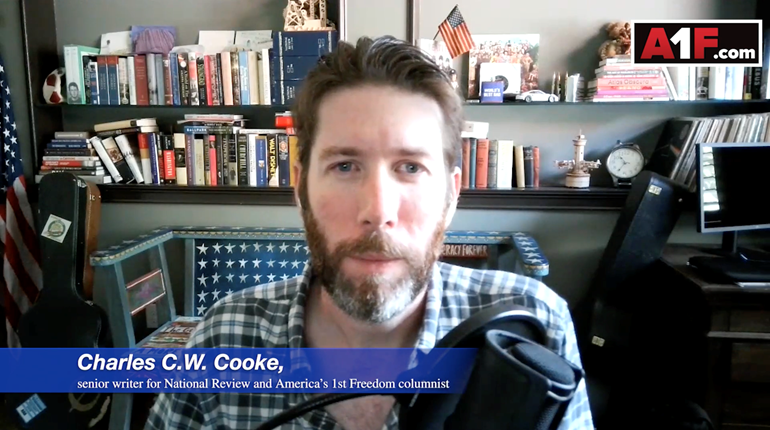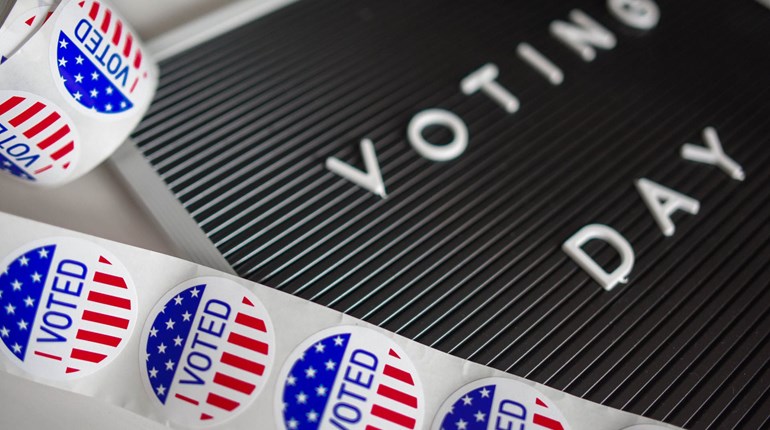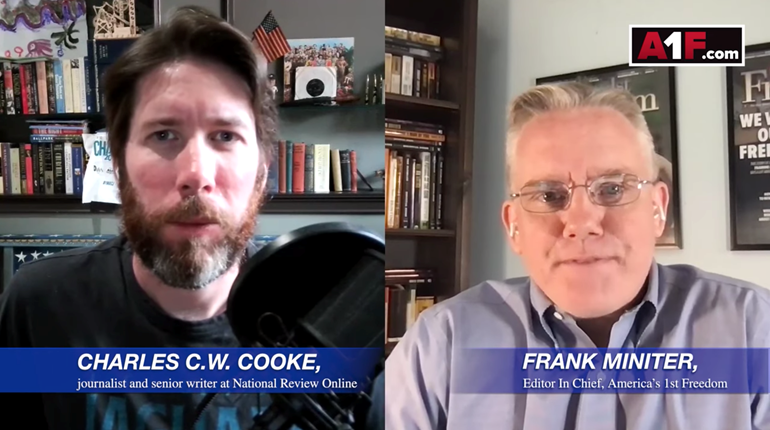
Those within the gun-control movement who like to blithely ask, “What’s the worst that could happen?” should look no further than what happened to Stephen Nichols.
In September, Nichols, an 84-year-old Korean War veteran and retired police officer, was summarily fired from his job as a school crossing guard in Tisbury, Mass. Worse still, Nichols’ guns and firearms license (which he had held since 1958) were seized from him under Massachusetts’ broad “red-flag” law.
Nichols’ crime? He was overheard worrying in a diner that the local school’s resource officer was routinely abandoning his post to go buy coffee, and that this might lead someone to take advantage and “shoot up the school.”
Critics of “red-flag” laws have long argued that to introduce subjective criteria into the regulation of the Second Amendment is to guarantee abuse. And so it has come to pass. That a much-beloved, 84-year-old veteran would be stripped of his job and deprived of his Second Amendment rights simply because a server at a diner misheard his conversation and rushed stupidly to judgement is appalling in and of itself. But that the whole process was conducted without anything even resembling due process is frightening.
When confronting Nichols, the local police department confirmed that it had no intention of charging him, even as it stripped him of his constitutional rights. Having been informed of his punishment, he was not asked to fill out any paperwork or given receipts for either his guns or his license. So casual was the process that, having been instructed on the spot to relinquish his firearms license, he simply took it out of his wallet and handed it over.
Thanks to some overwhelming pushback from the community in Tisbury, Nichols has been reinstated as a school crossing guard. But he has not been given back his guns, and he has not been given back his firearms license. As this was being written, Nichols was wholly unsure of the status of the confiscation.
How could he be otherwise? He has not been arrested, he has not been charged and he has most certainly not been convicted of anything. The misunderstanding that led to him losing his job has been cleared up, in no small part because his community made it abundantly clear just how much he is valued, and yet that clearing up has had no effect on the government.
If there is a process in place for the restoration of Nichols’ civil rights, he is unaware of it.
In the most-recent interview Nichols gave, he said he believed he will be told to sell his guns. He said he would do so with the help of his son, who manages a firearms store. If he is correct—if that is, indeed, what he is being forced to do—then he is being punished for the rest of his life based on nothing more than an ugly misunderstanding.
If that is the case, who among us is safe? If an elderly man who has spent his life protecting others—first as a soldier and then as a police officer—can have his words twisted so dramatically that the government summarily seizes his guns, what chance do any of us have?
Asked why he had criticized the resource officer in the first place, Nichols told the Martha’s Vineyard Times that his view has always been that “if you’re on guard duty, you stay there.” That’s excellent advice for everyone, including those who wish to preserve the integrity of America’s Constitution.


































